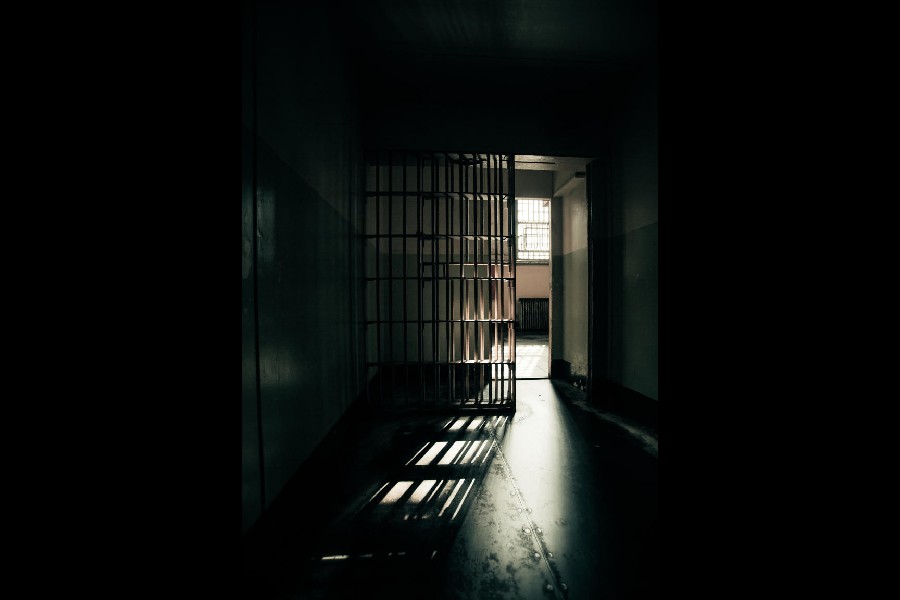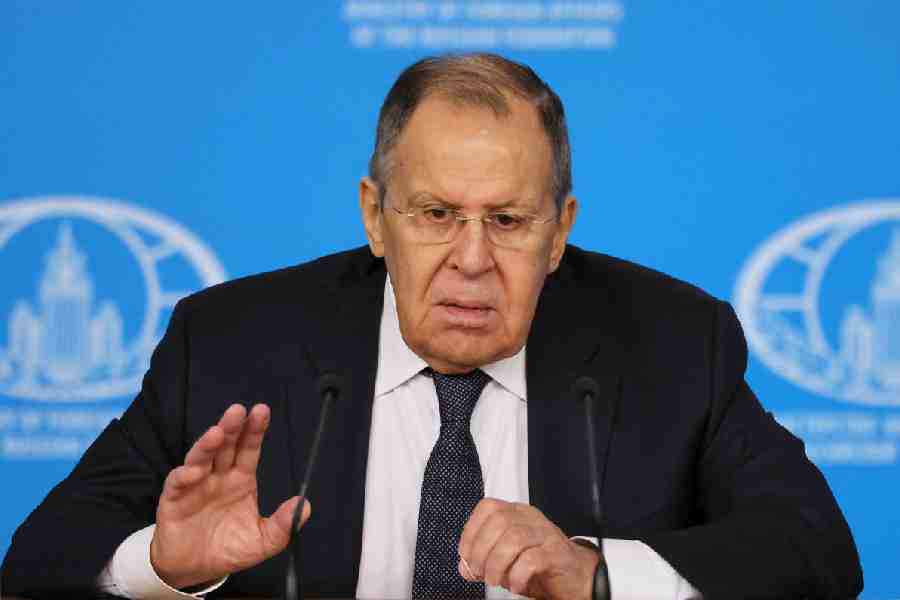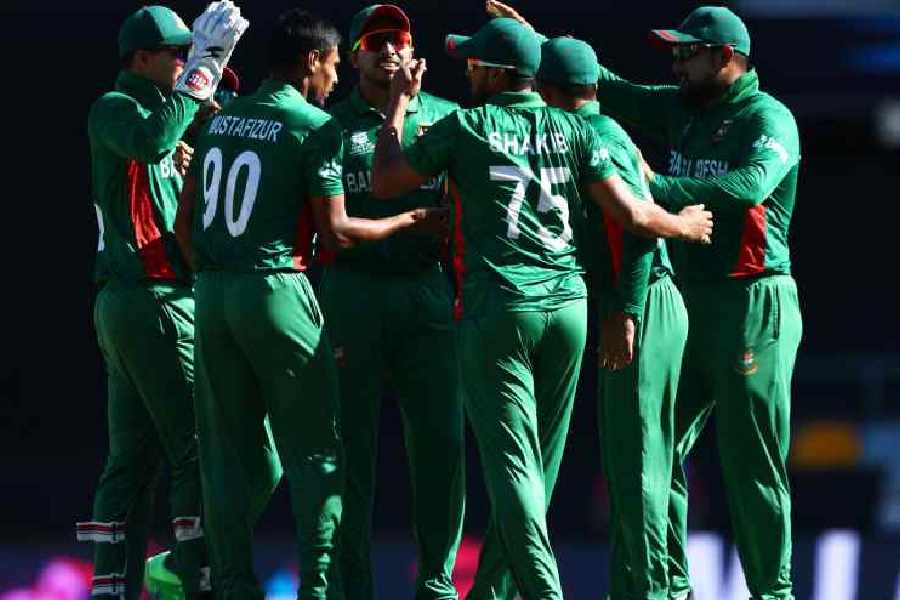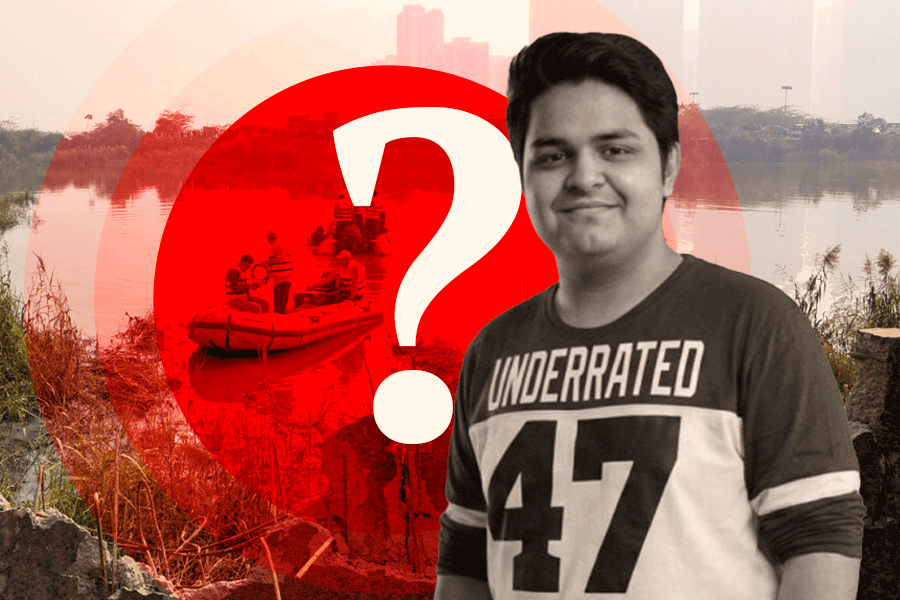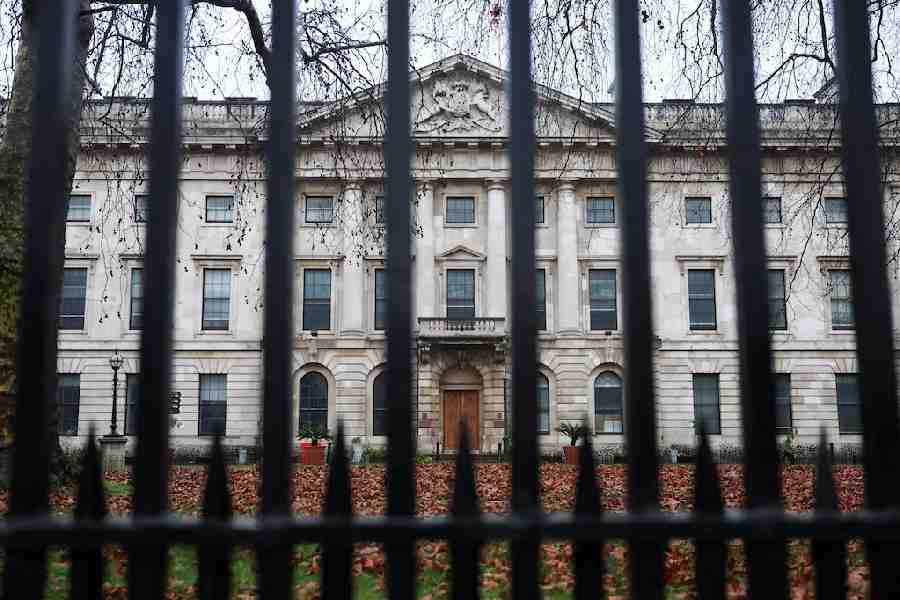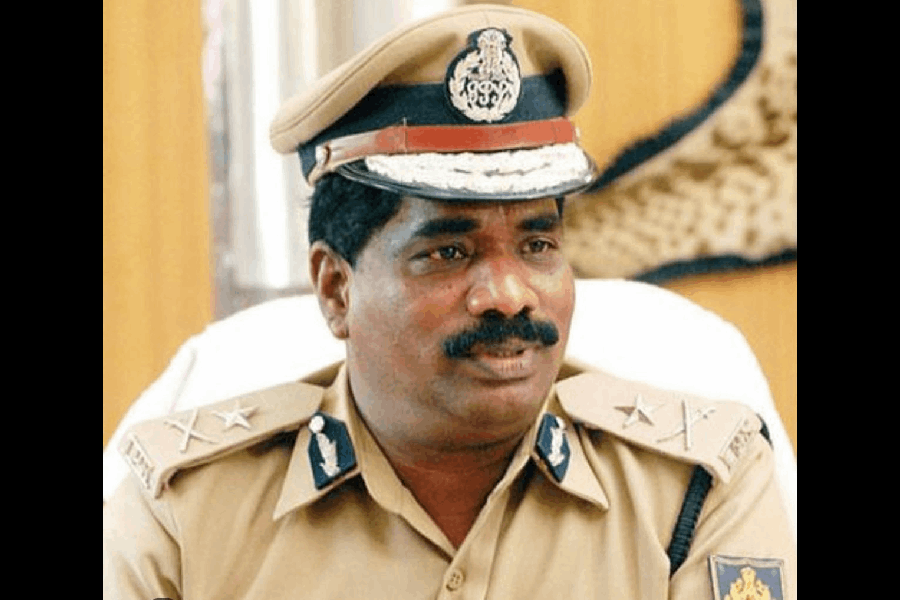Book: THE CELL AND THE SOUL: A PRISON MEMOIR
Author: Anand Teltumbde
Published by: Bloomsbury
Price: Rs 699
How did it feel like being trapped in an Indian prison cell when the entire world was struggling against the Covid-19 pandemic? The unenviable experience, as narrated by Anand Teltumbde, reveals, among other transgressions, the travesty of social distancing inside the Taloja Central prison during the pandemic: “I entered prison during the COVID-19 pandemic and witnessed the joke called social distancing,” he affirms. Beyond the personal horror, the general experience was one of tragic apathy and looming vulnerability: “In the hospital barrack of the Taloja prison… over fifty-five people jostled for space meant for thirty or thirty-five.” Teltumbde further points out that the “Single-prisoner cells housed five, leaving barely enough room for the inmates to huddle. Many contracted COVID-19, yet officials insisted there wasn’t a single case as result of ‘excellent management’. Deaths occurred but were never recorded as COVID-19 fatalities.” These appalling revelations will stay with the reader.
Implicated in the Elgar Parishad-Bhima Koregaon case in 2018, Teltumbde was forced to stay nearly thirty-one months as an undertrial before being granted bail. An amalgamation of diary jottings and life history, The Cell and The Soul serves as a crucial testimony to the political circumstances that thwart an individual’s innate right to freedom. Despite the surroundings, Teltumbde found time for reflection and introspection: “The cells surrounding mine house… gangsters, serial killers, those convicted of communal crimes, and even encounter specialists. Their formidable statuses commanded a unique form of respect; even the jababdar approached them with heightened politeness, reflecting the intricate social dynamics within the prison walls.” This memoir also exposes the distressing realities that plague the Indian criminal justice and penal systems: the thriving corruption between jailers and inmates; guards serving as messengers for inmates against hefty bribes; the unabashed contravention of the right to dignity enshrined in Article 21 of the Constitution; the quiet flouting of norms for high-profile prisoners; the underreporting of deaths during the pandemic; the deplorable state of hygiene and sanitation and so on.
In the section, “Thou Shalt Not Speak”, Teltumbde speaks of the exemplary powers of a “notorious don” who was housed in his quadrant. “... a well-known figure in the world of crime”, the don boasted of his remarkable power and influence: “Guards treated him with deference, and he often shared his abundant canteen supplies — fruits, drinks and syrups — with us and the jail staff. While we struggled to manage our purchases within the limited monthly allowance… the don and other affluent prisoners enjoyed unlimited supplies through a 40:60 ratio arrangement.” Teltumbde clarifies, “The specifics of these transactions were unclear, but it was commonly believed that monetary exchanges occurred outside the prison in cash. It is not that such things only happened in Taloja; they happened in all jails in the country.”
Tinged with occasional wistfulness but also a meticulous portrayal of a noxious reality, the most poignant sections of Teltumbde’s memoir pertain to stories of pain, loss and remembrance. Teltumbde’s empathic narrative in these sections is bound to strike a chord with his readers. The chapter, “We Lost Stan”, devoted to the struggle and the tragic demise of Stan Swamy, records the author’s personal association with the Jesuit priest. Also implicated in the Bhima Koregaon violence, Stan Swamy had to struggle against Parkinson’s disease and other age-related issues during his incarceration.
Given its potent blend of anguish, personal reminiscences, activism and nostalgia, Teltumbde’s book is bound to make the reader reflect on the lives of India’s countless undertrials whose precious years are consumed behind bars.

